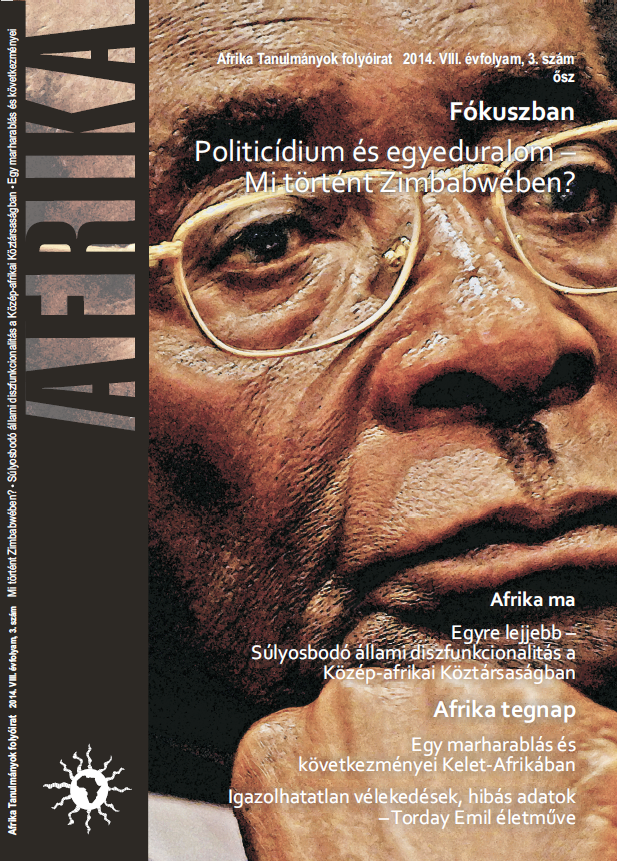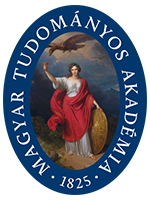Lectori salutem
Abstract
With the firm intention to calm our readers right away, we wish to state that our present issue is not about Ebola. One of the papers – by a leading tropical expert, medical doctor Professor Gábor Ternák – entitled “Burying can be dangerous: The economic effects of escalating health situations in African countries” tells you that: “Concerning the origin of the epidemic, today we know that the first outbreak and transmission was related to the participants of a burial ceremony in Guinea.” It is a soothing opportunity to read a sensible argument about the current state of the epidemic amidst heated tabloid visions of the unavoidable end result of the largest number of deaths ever, stirred by the global media. We obviously do not want to underestimate the danger, but do emphasize the importance of correct and professional flow of information. One of Professor Ternák’s key opinions reads: “The biggest economic disadvantage of an epidemic with such a rapid outbreak is not derived from the rise in direct health-related costs, but the irrational behaviour of frightened citizens and the new chaotic situation.” On behalf of our journal, the only thing we can (and must) do is to contribute to the accurate coverage of the issue to reduce this irrational behaviour/reaction.
The article by Petra Bujtás “Politicide and monocracy – What happened in Zimbabwe?” deals with Africa’s other curse, that is, ethnic conflicts – with a convincing theoretical background. Robert Kłosowicz, Director of the Institute of Political Science and International Relations at Jagiellonian University, Cracow, in his piece “Hitting the skids – The growing problem of state dysfunctionality
in the Central African Republic” elaborates upon the third calamity across Africa, i.e. state weakness(es) and failure(s). After such ‘heavy’ content Viktor Marsai’s “A Cattle Raid and Its Consequences in East Africa” is truly reinvigorating. Marsai examines a small clash between two different Maasai tribes from the then Tanganyikan (German) and the Kenyan (British) side of the border, showing that there are no aggressors and victims in today’s conflicts, but rather ethnic groups in constant tension. Szilárd Biernaczky always offers intriguing topics, and this time his analysis “Repository of Mistakes With Regard to Emil Torday’s Life and Work” is a real pearl for those interested in Africa’s past. His “note” collects confusions, writings aside, even, rather serious mistakes for the most part in relation to the great Hungarian Africa-researcher, Emil Torday, having been appeared in publications in the course of the last century. Younger generations can surely take this as an example for the combination of diligent scientific “digging” into details and long-term integrative thinking. Our present issue is made even more colourful with an interview and some fine book reviews.
Dr. Búr Gábor
editor-in-chief
Downloads
Published
How to Cite
Issue
Section
License

This work is licensed under a Creative Commons Attribution-NonCommercial-NoDerivatives 4.0 International License.
















